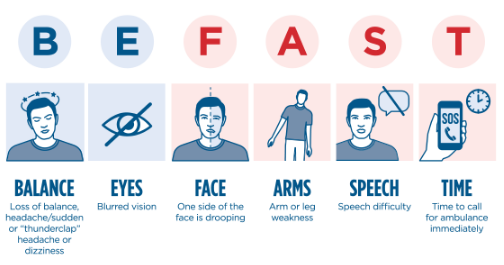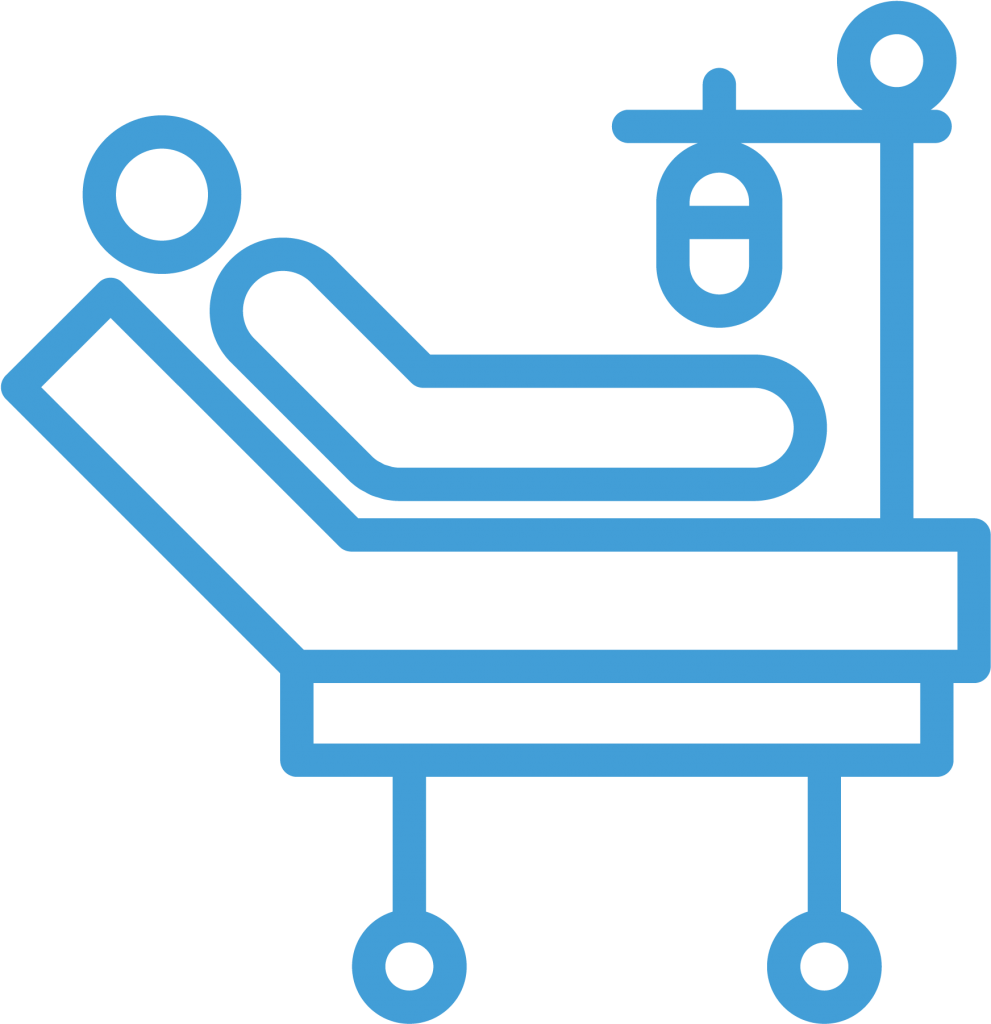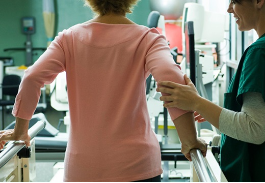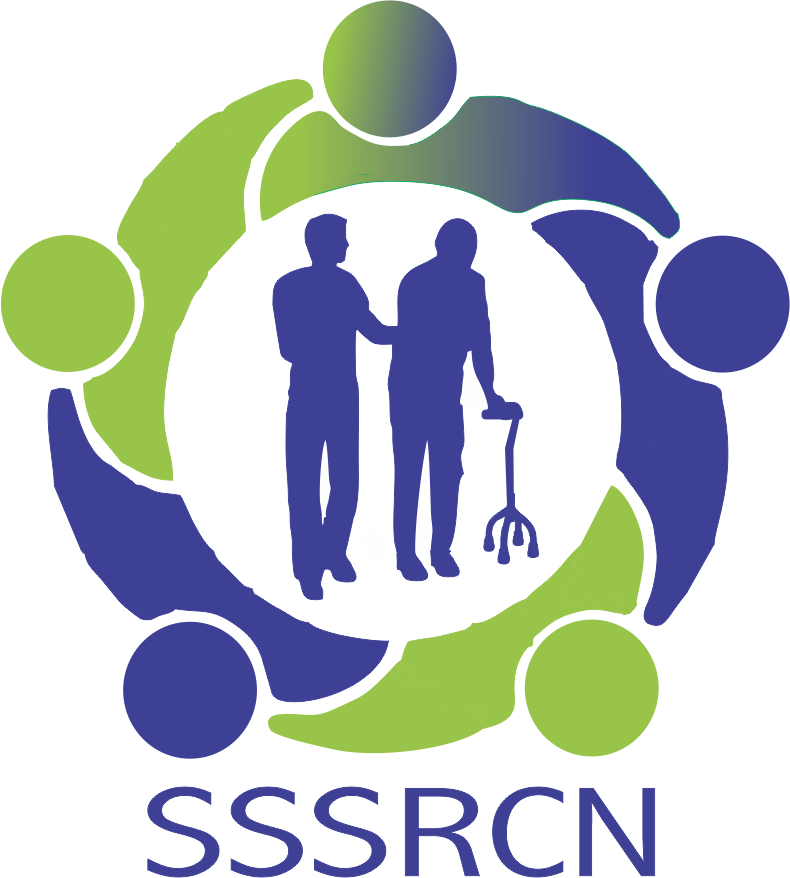By: Funmi Abudu
Stroke is a disease that results from the interruption of blood supply to a major organ in the body, the brain. The brain controls the functions of our body, therefore, when a stroke happens, some of the cells that make up the brain die preventing the brain from performing its normal functions. Also, the part of the body that is controlled by that part of the ‘dead’ cells, such as the hands, legs, and facial muscles, among others, cannot perform their functions properly.

The affected individual finds it difficult to use that part of the body effectively leading to a form of disability. This affects the person’s activities of daily living and might make the affected individual dependent on his/her family or friends for care. This explanation is to show how devastating the effects of stroke can be; it not only affects the individual but can also be burdensome to the caregivers and society at large.
Various research has provided evidence that the time of the inception of treatment after a stroke happens, the type, mechanism and frequency of treatment have a very significant effect on the recovery process of a stroke patient. It has also been documented that the earlier the management, the earlier the recovery. As much as there is the orthodox (medical and scientific management), there is also the traditional management of stroke.

Traditional Medicine has no doubt been a genuine source of treatment before the arrival of orthodox medicine. It is usually a combination of culture, religion, spirituality, belief and experiential knowledge that has been passed on from generation to generation.
Till today, many people prefer traditional medicine to orthodox medicine because they believe that every illness has a spiritual origin and must be combated through spiritual and traditional means. Although traditional medicine has been beneficial in improving the physical symptoms of some diseases, the experience was garnered over the years through trial and error methods with no scientific evidence.

Stroke requires specialized and evidence-based intervention. If mismanaged at the early stage, it can have long-term negative effects on the recovery process of the individual. Therefore, using trial and error methods might have devastating effects.

For example, Mr A woke up in the morning and realised he could not lift his right hand and leg. He was taken to a traditional centre for care. Mr A complained of having a headache but the traditionalist was more concerned about the weak hand and leg and neglected other symptoms. A few hours later, Mr A became unconscious and was referred to a hospital. Getting to the hospital, a scan revealed that Mr A had been bleeding in his brain.
This illustrates one of the detrimental effects of traditional care, the lack of holistic assessment and evaluation. Orthodox management involves different healthcare teams who assess and manage the patient holistically not just focusing only on the physical signs. They look for the underlying cause and prevent the impending complications that may arise.
Furthermore, stroke results in motor function deficits, that is, the muscles of the face and limbs become weak or paralyzed. Therefore, there is a need for short-term and long-term functional rehabilitation. The traditionalist may cater to the underlying cause of the stroke, for example, high blood pressure (by providing herbs) but neglect the rehabilitation of the patient to be able to function independently.

In addition, some of the traditional treatments involve making incisions on the affected limbs to imbue the limbs with herbal concoctions. This is detrimental to a patient with diabetes which is one of the underlying causes of stroke. An important complication of diabetes is slow or poor wound healing. A diabetic patient who undergoes such an incisive procedure might come down with infections due to poor healing of the incision sites, thereby worsening the patient’s stroke condition.
In conclusion, traditional care might have improved the physical symptoms of some other kinds of diseases. However, this claim lacks strong evidence in stroke care and management.

In the management of stroke , we no doubt need inter departmental collaboration , the physician tends to work alone without inputs from other professional colleagues . This practice should be stopped .